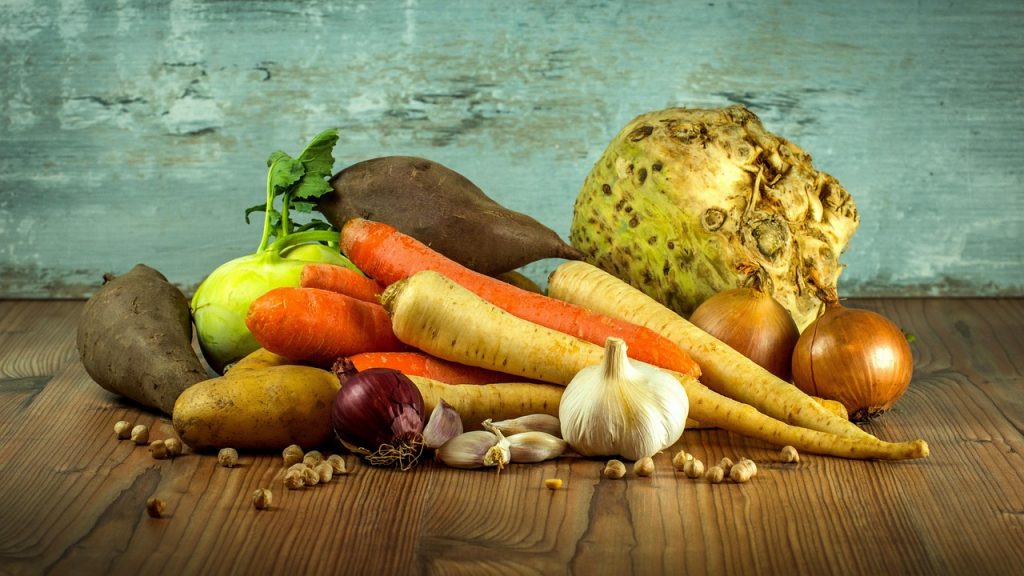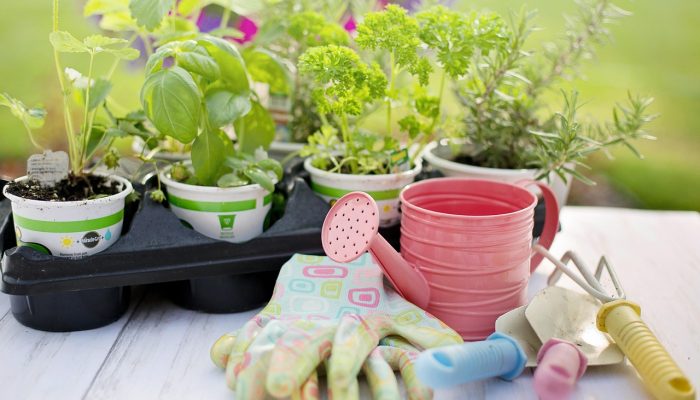Introduction
For many people, gluten intolerance has become an unwelcome reality, a daily reminder that what’s on their plate can affect every corner of their wellbeing. The physical discomfort can be profound, but so too can the emotional and social impact. Homeopathy sees these two sides of the picture as intimately linked, and that any effective approach needs to address the whole person, not just their diet sheet.
Understanding Gluten Intolerance
‘Gluten intolerance’ is an umbrella term that generally refers to non-coeliac gluten sensitivity (NCGS). People with NCGS experience a variety of symptoms (bloating, abdominal pain, diarrhoea or constipation, brain fog, fatigue, and mood disturbances) after consuming gluten, yet they do not test positive for coeliac disease or wheat allergy.
The scientific community is still debating the exact mechanisms, but it’s thought that immune activation, gut microbiome changes, and intestinal permeability (leaky gut) all play a part. The key point for homeopathy is that the individual’s response to gluten is idiosyncratic, often reflecting a deeper constitutional susceptibility.

The Homeopathic Perspective
Homeopathy doesn’t treat ‘gluten intolerance’ as a label, it treats the person experiencing it. Two clients may both report bloating after bread, but one might be a chilly, anxious, perfectionist night-owl with dry skin and a tendency to sinus congestion; the other may be a warm-blooded, jovial, sluggish-in-the-morning type who craves sweets and naps after lunch. The remedy choices for these two will likely be completely different.
Gluten intolerance is viewed, not as an isolated problem, but as one thread in a larger constitutional makeup. Perhaps it’s a manifestation of a digestive weakness passed down through generations, or a post-viral susceptibility, or the fallout from prolonged stress. This broader view is crucial for lasting improvement
How Homeopathy Can Help
Remedies for gluten intolerance often relate to addressing three overlapping areas:
1. Acute Symptom Relief
Even while the deeper constitutional work is ongoing, it’s possible to help a person recover more quickly from a flare-up. Remedies here are chosen according to the immediate symptom picture — the nature of the pain, the bowel pattern, the associated fatigue, and emotional state.
Examples:
- Nux vomica — for spasmodic abdominal pain, bloating, and irritability after over-indulgence, especially in coffee, alcohol, or rich food.
- Carbo vegetabilis — for distension and belching with great sluggishness and a desire for fresh air.
- Colocynthis — for cramping pains relieved by doubling over or firm pressure.
These remedies can be taken as needed in a low potency, but always in the context of professional guidance.
2. Constitutional Treatment
This is where the magic happens for long-term change. Constitutional prescribing addresses the underlying susceptibility, the terrain that allows gluten to cause trouble in the first place.
Here, a full case-taking is essential, exploring not just digestion but energy patterns, sleep, emotional triggers, childhood health, family history, and even how the person responds to weather. The resulting remedy may not seem “digestive” at all, yet by strengthening the whole organism, the person’s tolerance and resilience improve.
Examples in practice:
- Lycopodium — often suited to those with digestive sluggishness, right-sided complaints, a love of sweets, and low confidence masked by a capable exterior.
- Sulphur — for the philosophical, independent thinker with a tendency to heat, loose stools in the morning, and skin flare-ups.
- Arsenicum album — for meticulous, anxious individuals who are chilly, restless, and feel better with warmth and small sips of water.
3. Supporting Gut Repair
Some clients have significant gut inflammation and increased intestinal permeability, whether from years of undiagnosed gluten sensitivity or other factors. Alongside homeopathy, measures such as bone broth, soothing herbal teas (slippery elm, marshmallow root), and a gentle introduction of fermented foods may be beneficial.
Homeopathy can complement these by aiding tissue healing:
- Calendula — in low potency, sometimes used as a supportive remedy for tissue repair.
- Aloe socotrina — for mucous membrane irritation with urgency and loose stools.
- Podophyllum — for profuse, offensive diarrhoea with weakness.
What About Diet?
A frequent question is: Can homeopathy “cure” gluten intolerance so I can eat bread again? The honest answer: for some, tolerance improves dramatically; for others, complete freedom with gluten remains elusive. But what often changes (and this is vital) is the person’s overall vitality, mood, and resilience. For many, even if strict gluten avoidance is still necessary, the episodes of ‘being accidentally glutened’ become less severe and shorter-lived.

Using homeopathy to mask symptoms while continuing a diet that clearly causes harm is not in line with the philosophy of homeopathy. Instead, homeopathy is a means to improve the margin of health so that life is more enjoyable and less restrictive.
Case Snapshots from Practice
Case 1: The Overworked Academic
Anna, 42, went to her homeopath after years of fatigue, bloating, and alternating constipation and diarrhoea. She had eliminated gluten for two years, but occasional slips (often at conferences) left her bed-bound for days. She was chilly, anxious about deadlines, and craved warm drinks. After a detailed consultation, Arsenicum album was prescribed in a medium potency. Over six months, her recovery time after gluten exposure reduced from a week to a day or two, her energy improved, and her anxiety levels settled.
Case 2: The Energetic Retiree
James, 68, had bloating and excessive gas within hours of gluten. He was generally warm-blooded, loved gardening, and had a dry, itchy skin rash in the winter. Sulphur in constitutional treatment helped his digestion, but interestingly, his skin improved first. Within four months, he reported that a small slice of sourdough no longer caused a ‘three-day storm’ in his gut.
The Emotional Side of Gluten Intolerance
Something often overlooked in mainstream discussions is the emotional cost of gluten intolerance. Meals with friends become negotiations, travel requires constant vigilance, and the fear of contamination can erode spontaneity. Some people even describe it as a form of food PTSD, hyper-awareness of every crumb.
Homeopathy addresses these mental-emotional patterns just as seriously as the physical. Remedies such as Ignatia (for grief or frustration after lifestyle loss) or Gelsemium (for anticipatory anxiety before events involving food) can help people feel more at ease, more “themselves” again, even within their dietary boundaries.

Integrating Homeopathy with Other Approaches
Laboratory testing can clarify whether you’re dealing with coeliac disease, NCGS, or other gut conditions like SIBO or IBS. While homeopathy is powerful, integrative care ensures you’re not missing something.
It’s also worth stressing the importance of:
- Mindful eating — chewing thoroughly, avoiding rushed meals.
- Stress management — meditation, gentle yoga, time in nature.
- Adequate sleep — the gut and nervous system repair best when we rest.
These lifestyle factors make the action of the remedy smoother and the gains more sustainable.
Final Thoughts
For those living with gluten intolerance, homeopathy offers a nuanced, person-centred approach that sees beyond the ‘don’t eat this’ list. By addressing the individual constitution, soothing acute flare-ups, and supporting gut repair, it’s possible to widen the margins of health and restore a sense of freedom.
The real gift of homeopathy in this context isn’t just the potential for improved tolerance, it’s the deeper resilience, the steadier mood, and the renewed trust in one’s own body. For many people, that shift is more transformative than the return of any single food.often begins with the courage to truly listen
Our reading room’s an opportunity to have personal time browsing our shelves full of wisdom.
The Helen Campbell Homeopathy Foundation SCIO is a registered educational charity focused on sharing homeopathy’s fascinating history and wonderful wisdom. We’re here to inform, not prescribe!




